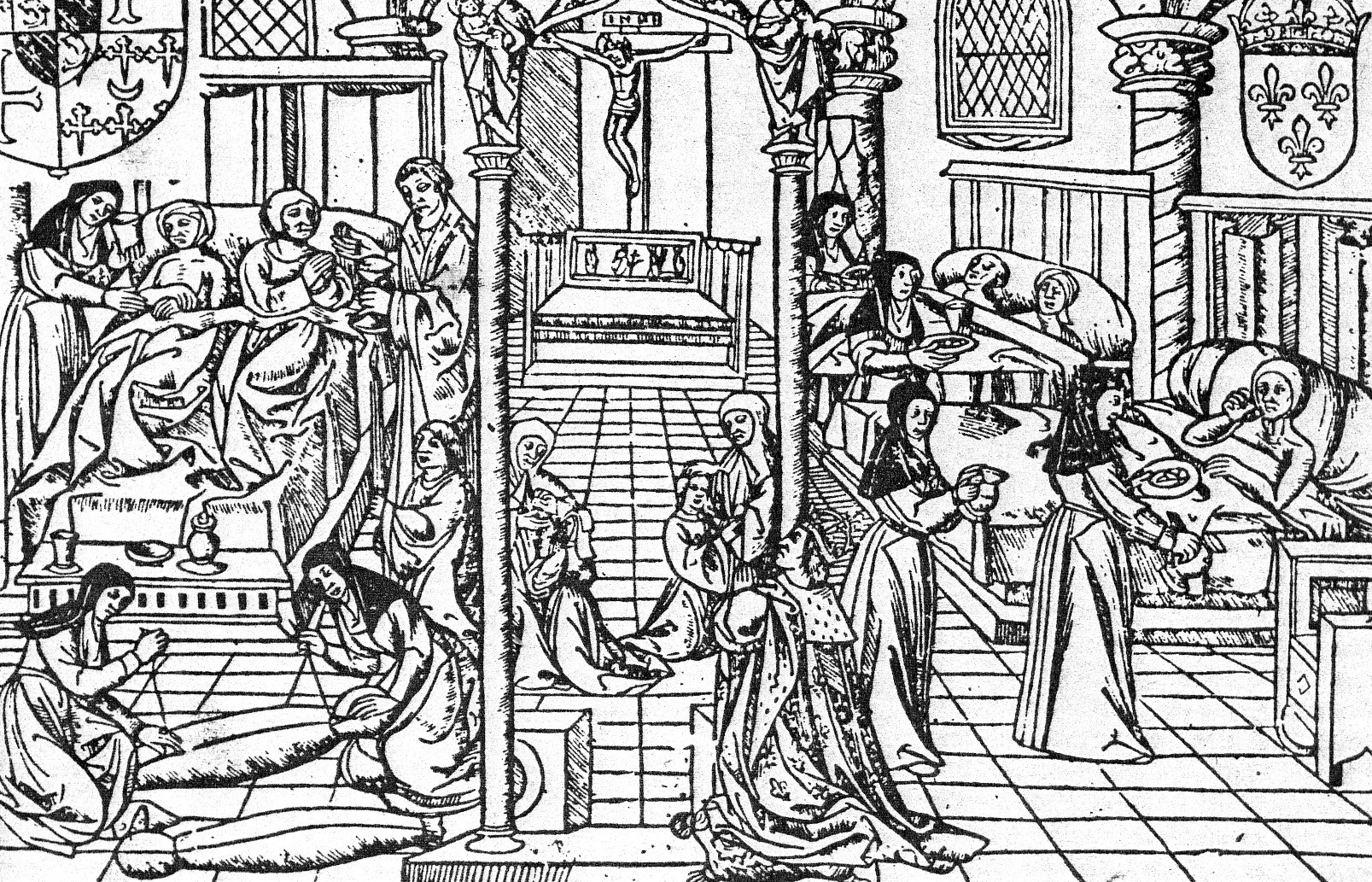Pastoral spiritual care is an appropriate response of assisting others on their spiritual pilgrimage toward the restoration of relationship with themselves (intrapersonal), relationships with others (interpersonal), and relationship with God (transpersonal).
The Genesis narrative includes a dramatic picture of Divine initiative to create, moving from chaos to order. Humankind is created in the image and likeness of the triune God, three Persons in an ever-existent perfect covenant community. Adam’s isolation is countered by God’s creation and presentation of Eve. Biblical authors draw upon this narrative as the foundation for interpersonal covenantal relationships and the most fundamental building block of community.
Genesis chapter three describes the fall of humankind and its resultant severing of relationships (intrapersonal, interpersonal, and transpersonal). From the murder of Abel at Cain’s hands, through Noah’s flood, the Tower of Babel, and forward, Scripture describes the consequences of relational alienation of individuals from God and one another. In the opening chapters of Romans, Paul describes these shattered relationships as marring the indwelling imago Dei.
The Shema (Deuteronomy 6:4) calls God’s people to love God with all their being. Jesus clarifies the Shema in the Greatest Commandment through an inseparable command to love God and love your neighbor (Matt 22:36-40). Much later, Paul would write to the church at Corinth, describing his Gospel ministry as a ministry of reconciliation, involving the reconciling of people with God, as well as persons to each other (II Corinthians 5:11ff).
I resonate with an understanding of personhood as a product of individuals joined with others through relational community. With this understanding, I argue that chaplains function as agents of personhood, engaging at times of greatest disconnection (loss of personhood), and attempt to shepherd the individual back into a restored sense of self and personhood.
I also believe that there is a fundamental flaw with post-enlightenment thinking, which tends to dissect the human person into constituent parts (e.g., cognitive, affective, psycho-motor / physical, spiritual, mental, etc.). In a clinical environment that so strongly emphasizes the physical, a chaplain’s pastoral role functions as a corrective by honoring the whole-being nature of the person. Likewise, chaplains understand that embodiment carries with it an understanding that physical pain has spiritual implications, just as spiritual pain has physical consequences.
Pastoral ministry as a chaplain in a clinical environment also includes the practice of true religion, which James describes as the care and concern for the disadvantaged, the disempowered, and the disenfranchised. (James 1:27).
